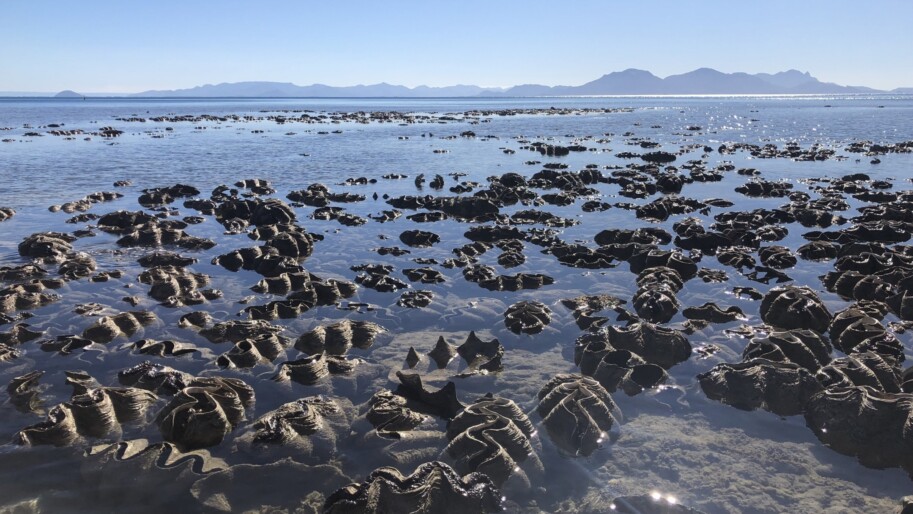by Maddie Maffia, CCP
This summer, I am studying land-use practices and their impacts on the Great Barrier Reef (GBR) in Australia. The GBR is the most diverse coral reef ecosystem in the world. Sadly, it has lost 80% of its coral reef coverage in the northern portion of the reef over the past decade. One of the primary problems for the coral reefs comes from terrestrial land-use management practices.
The majority of the land off the coast of Queensland is primarily used for coastal urbanization, growing sugar cane, cow grazing, and rainforest conservation. However, the area adjacent to the coral reefs is largely used for sugar cane and cow grazing. This land-use practice has immense effects on the GBR due to the increase in runoff, which increases the amount of sediment and nutrient accumulation in the waterways. For example, the coral and algae live in a mutually-beneficial relationship with each other, and excess nutrients in the reef can upset the natural balance of these ecosystems. The plants grab the extra nutrients and grow to dominate in size or quantity more than they normally would. This, in turn, allows the algae to outcompete the corals, which leads to a decrease in coral reef coverage. In addition to this, farmers tend to maximize their profit by placing their farms adjacent to waterways to allow their cows and crops access to freshwater. This additionally increases the rate of transported pollution and furthers the degradation of coral reefs.
The Australian government is very proactive in passing marine legislation to protect the coral reefs, however, the legislation is covering up the problem rather than stopping it. To prevent pollution from entering the waterways, the government needs to address how farmers use their land to make it more sustainable and viable for the coral reefs downstream. Strategies like carbon farming – where farmers use no-till methods and cover crops to quickly sequester carbon and improve soil fertility without toxic fertilizers and pesticides – are undoubtedly going to be the way of the future.
This idea of fixing the root of the problem can easily be translated back to the United States. Switching from fossil fuel use to all-electric renewable power sources (with battery storage) will be key to tackling climate change. How we get there remains to be seen. Many policy wonks agree that we will need a meaningful (high) carbon tax that can help fund the transition and retraining that will be required. However, trying to solve our problems downstream – whether that’s in the coral reefs or at the end of millions of tailpipes – is not efficient or effective. Heading upstream to the source to face the problem head-on will save time, money, and lives. As we phase out fossil fuels, we will also phase out thousands of pollution-related deaths in favor of a healthy sustainable existence and a stable planet.


